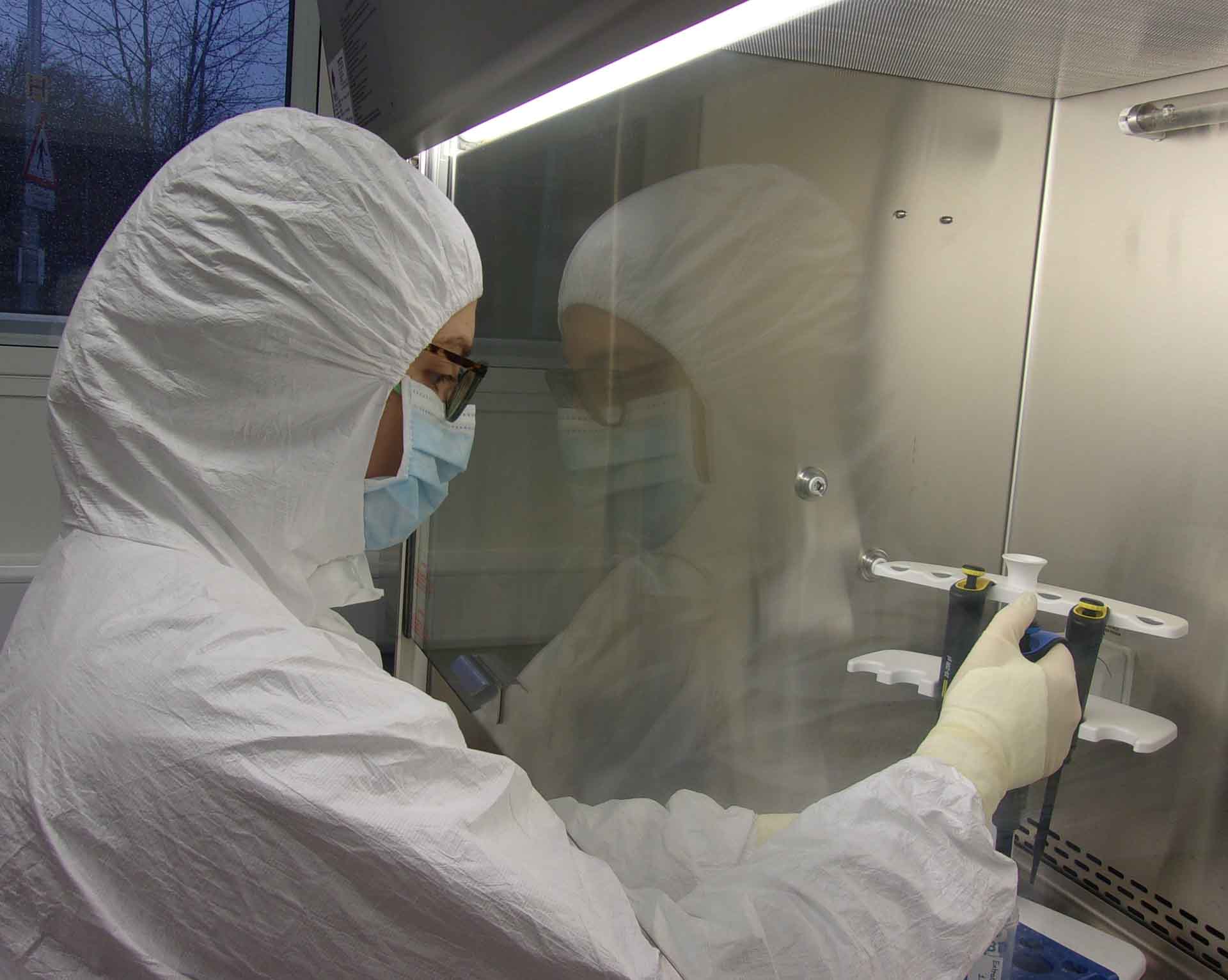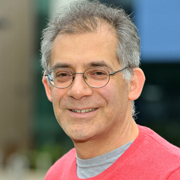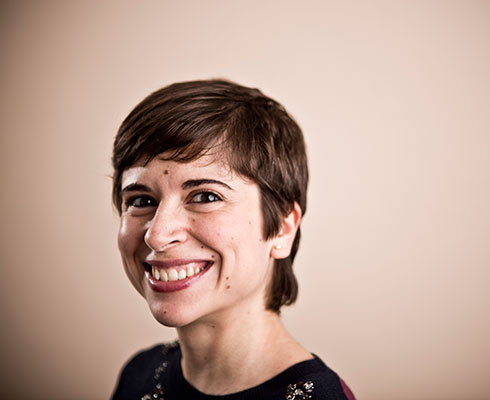
The Archaeogenetics of Britain and Europe
The Archaeogenetics of Britain and Europe | School of Applied Sciences

Professor Martin B. Richards
Lead Academic
School of Applied Sciences

Dr Maria Pala
Lead Academic
School of Applied Sciences

Dr Ceiridwen Edwards
Lead Academic
School of Applied Sciences
The Archaeogenetics Research Group, in collaboration with David Reich’s Lab at Harvard University, Stephan Schiffels’ group at the Max Planck Institute for Evolutionary Anthropology in Lepizig, and numerous other British and international partners, has explored the settlement history of Britain and Continental Europe from the Neolithic to Medieval times through ancient and modern DNA analysis. Funded at Huddersfield by the Leverhulme Trust, the research reveals multiple waves of immigration from Continental Europe, reshaping the genetic makeup of modern Britain.
The Project
This project investigates the settlement of Britain and Europe from the arrival of the earliest Neolithic farming groups to Medieval times, through the analysis of ancient DNA from human archaeological remains, alongside modern DNA samples.
The research has uncovered several waves of immigration from Continental Europe over the last 4,000 years, significantly shaping the modern British gene pool. The researchers focused on major migrations that occurred over a period of around 700 years during the Middle and Late Bronze Age, from around 3,500 years ago, and after the Roman withdrawal, in the Early Middle Ages c.450–850 AD.
The first discovery might come as a surprise to anyone who learned their British history at school – the Bronze Age migrations the researchers identified predated the traditionally assumed Iron Age ‘Celtic’ migrations by hundreds of years.
Moreover, contrary to popular models suggesting ‘elite dominance’ of small numbers of invaders from across the North Sea, the researchers found that the medieval Anglo-Saxon settlements from ~450 AD onwards involved very substantial numbers of people arriving and integrating over a long period.
Very strikingly, by analysing over 400 ancient genomes, the study of the Early Middle Ages shows that around three-quarters of eastern England's early medieval population had North Sea Continental ancestry. The researchers compared samples from across England and Europe, indicating large-scale migrations from modern-day Germany and Denmark.
This breakthrough in understanding post-Roman population changes was made possible by recent advances in ancient DNA technology. The study highlights both male and female migration, as well as different degrees of local Romano-British integration across regions, with modern English DNA being only 40% derived from ancestors hailing from the Continental North Sea region.

Partner Institutions
-
Professor David Reich – Harvard University
- Professor Stephan Schiffels - Max Planck Institute for Evolutionary Anthropology, Leipzig
International Partnership
International partnerships have been key to the success of this research from the earliest days. The Archaeogenetics Research Group has collaborated with the Ancient DNA Lab at Harvard University on several related research projects from 2015 to the present, largely funded at the University of Huddersfield through a Leverhulme Trust Doctoral Scholarship programme in evolutionary genomics. The collaboration has led to research articles published in leading journals Nature, Science and Antiquity, amongst others.
About the Researchers
Professor Martin Richards studied genetics at Sheffield and Manchester, moving into archaeogenetic research at Oxford in 1990, when ancient DNA research was in its infancy. He was an early pioneer of the study of human mitochondrial DNA variation to illuminate prehistoric migrations in Europe, Africa and the Pacific, focusing on the female line of descent. He has worked at UCL and the University of Leeds and now holds a Research Chair in Archaeogenetics at the University of Huddersfield.
Find out more about Professor Martin Richards via this link.
Dr Maria Pala joined the University of Huddersfield as a Senior Research Fellow in Archaeogenetics in 2011. Originally from Sardinia, Italy, Dr Pala graduated in Natural Sciences from the University of Sassari and obtained a PhD in Genetic and Biomolecular Science at the University of Pavia with a focus on the normal and pathogenic mitochondrial variation in modern human populations. She then spent two years as a Research Fellow at the University of Leeds before moving to Huddersfield.
Find out more about Dr Maria Pala via this link.
Dr Ceiridwen Edwards moved to the University of Huddersfield as a Senior Research Fellow in Archaeogenetics in June 2015. Prior to that she was a researcher in Ancient DNA Studies at the Research Laboratory for Archaeology, University of Oxford, where she set up an ancient DNA lab. She has a PhD in Archaeogenetics from Trinity College Dublin and has worked in the field of ancient DNA for almost 30 years.
Find out more about Dr Ceiridwen Edwards via this link.